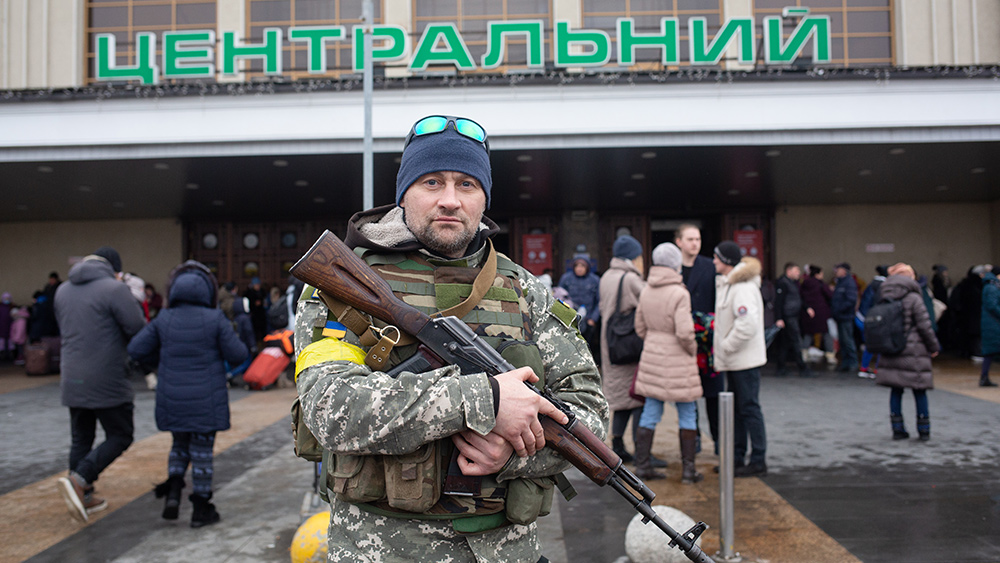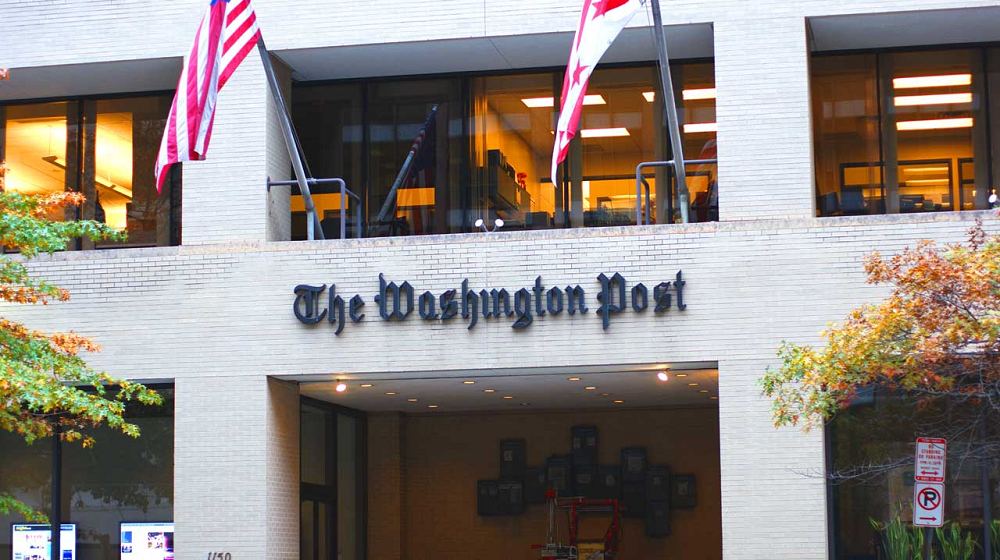NYT spins mass SURRENDER of Ukrainian Nazis at Azovstal factory, claiming they were “evacuated” – more word salad from the queens of disinformation
05/18/2022 / By Ethan Huff

Russia’s siege of the Azovstal steel plant in Mariupol, Ukraine, has officially ended in surrender, not an “evacuation” like The New York Times is now falsely claiming.
The fake news giant wants the world to believe that Ukrainian fighters were rescued, seems to be the implication, rather than forced to concede to Russian forces, which now fully control the facility.
According to the Times, it was Ukraine that somehow ended its “combat mission” in Mariupol. Ukrainian troops were “evacuated” to Russian-controlled territory by Russian forces, we are told, while the wounded were hauled off to a Russian-controlled hospital.
It turns out that this “paper of record,” as the Times is often called, completely ignored the fact that roughly 300 Azov militants surrendered to Russian forces. This sounds nothing like what the Times wrote in a tweet about the matter:
“Breaking News: Ukraine ended its ‘combat mission’ in Mariupol and said fighters were being evacuated, signaling that the battle at a steel plant was over.”
This is some amazing wordplay that completely misrepresents what actually occurred in Mariupol. As we have come to expect, however, this is par for the course when it comes to the corporate media’s misreporting on such matters.
When has the NYT ever been known to report the truth?
In the first few lines of the article that the Times linked to on Twitter, author Hanna Maliar proceeded to use the same “evacuation” rhetoric to make it sound like Ukraine won the battle.
“Hundreds of Ukrainian fighters were taken by bus to Russian controlled territory,” the report claims. “Ukraine’s president said the combat mission in the city was over, capping some of the longest, fiercest resistance.”
The reality, conversely, is that surrounded Ukrainians at the Azovstal steel plant surrendered to Russian forces after being trapped there for two months with nowhere to escape.
This is quite the difference in reporting from what Maliar wrote, claiming that “Mariupol’s defenders have fully accomplished all missions assigned by the command.”
Maliar further wrote that it was impossible to “unblock Azovstal by military means.”
“The art of writing differently,” joked someone on Twitter about the Times‘ deceptive reporting. (Related: Read more about how some believe that Russia had a “moral imperative” to neutralize the Azovstal steel plant and other facilities in Ukraine.)
A.J. Delgado, a lawyer and “blue checkmark” on Twitter, commented that the Times really is having trouble these days reporting anything that is actually true.
“So the Russians won in Mariupol, took Mariupol, and the Ukrainians lost despite HEAPs of weapons from all over the world and foreign fighters,” she wrote on Twitter. “Would be nice if you could keep us updated with ACTUAL facts.”
Another thing Twitter users pointed out that the corporate-controlled media is completely ignoring is the fact that Azov’s battalion has long been an unabashed neo-Nazi group pushing Nazi ideologies.
Journalist Michael Tracy warns that a dangerous pattern of fact scrubbing and narrative manipulation has pervaded major media outlets, and that it is especially apparent with Russia’s invasion of Ukraine.
“This is why you have to assume that pretty much everything coming out of Western media about the tactical progression of the war is a distortion,” he writes.
“They’re operating within an impenetrable superstructure of ideology that prevents the NYT from labeling this a surrender.”
In the comment section at Zero Hedge, someone added to this concerning the Times‘ false reporting that:
“This is what 10% to the big guy gets you: unabashed coverage of your story.”
Another wrote that the same thing happened with the Vietnam War, the war in Afghanistan, and many other wars throughout history.
You will find more stories like this one that expose corporate media misreporting at MediaFactWatch.com.
Sources for this article include:
Submit a correction >>
Tagged Under:
Azovstal, big government, chaos, conspiracy, corporate media, deception, disinfo, evacuated, fake news, Journalism, lies, national security, New York Times, news cartels, propaganda, Russia, surrender, Ukraine, World War III
This article may contain statements that reflect the opinion of the author
RECENT NEWS & ARTICLES
COPYRIGHT © 2017 JOURNALISM NEWS




















